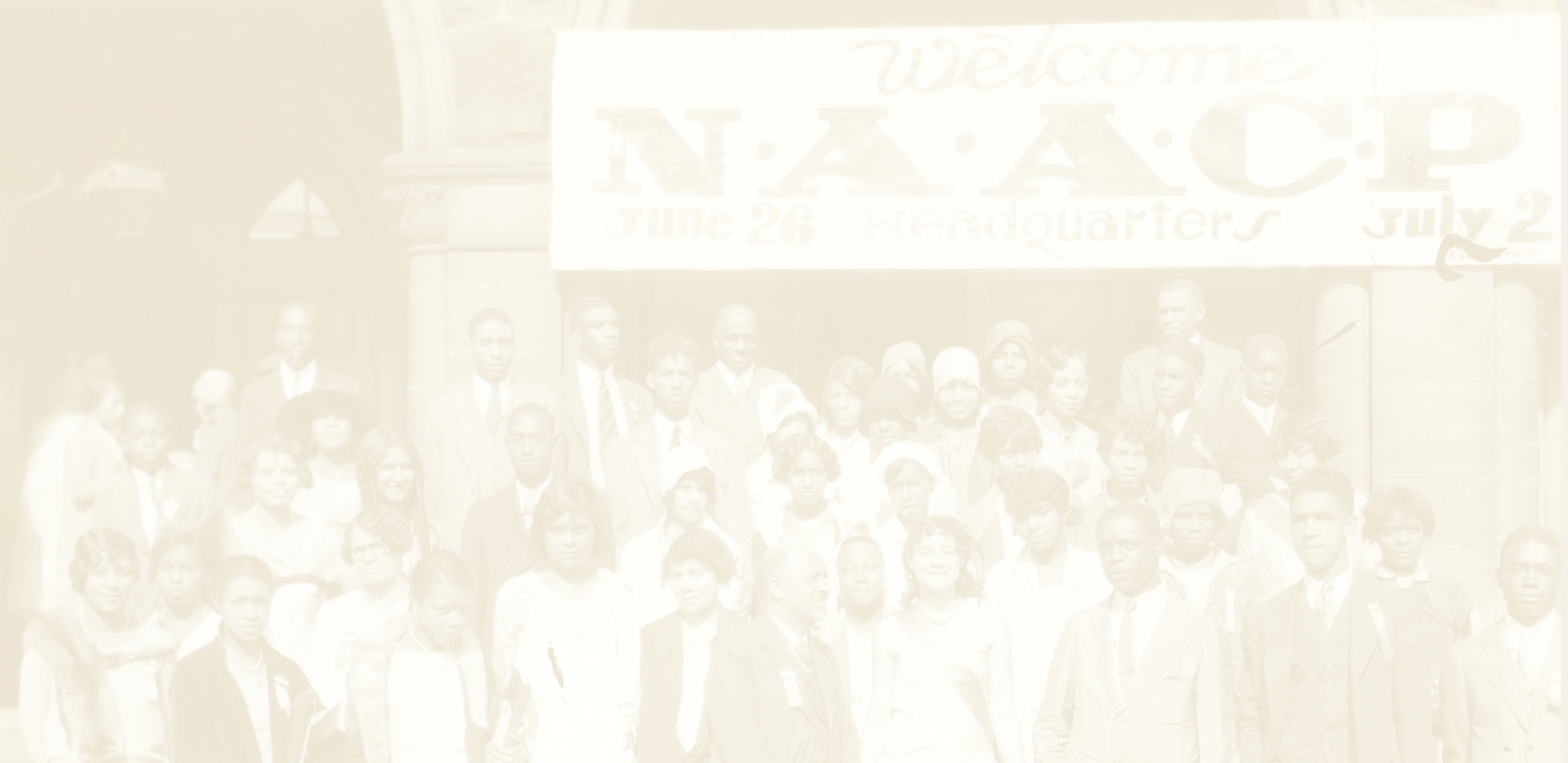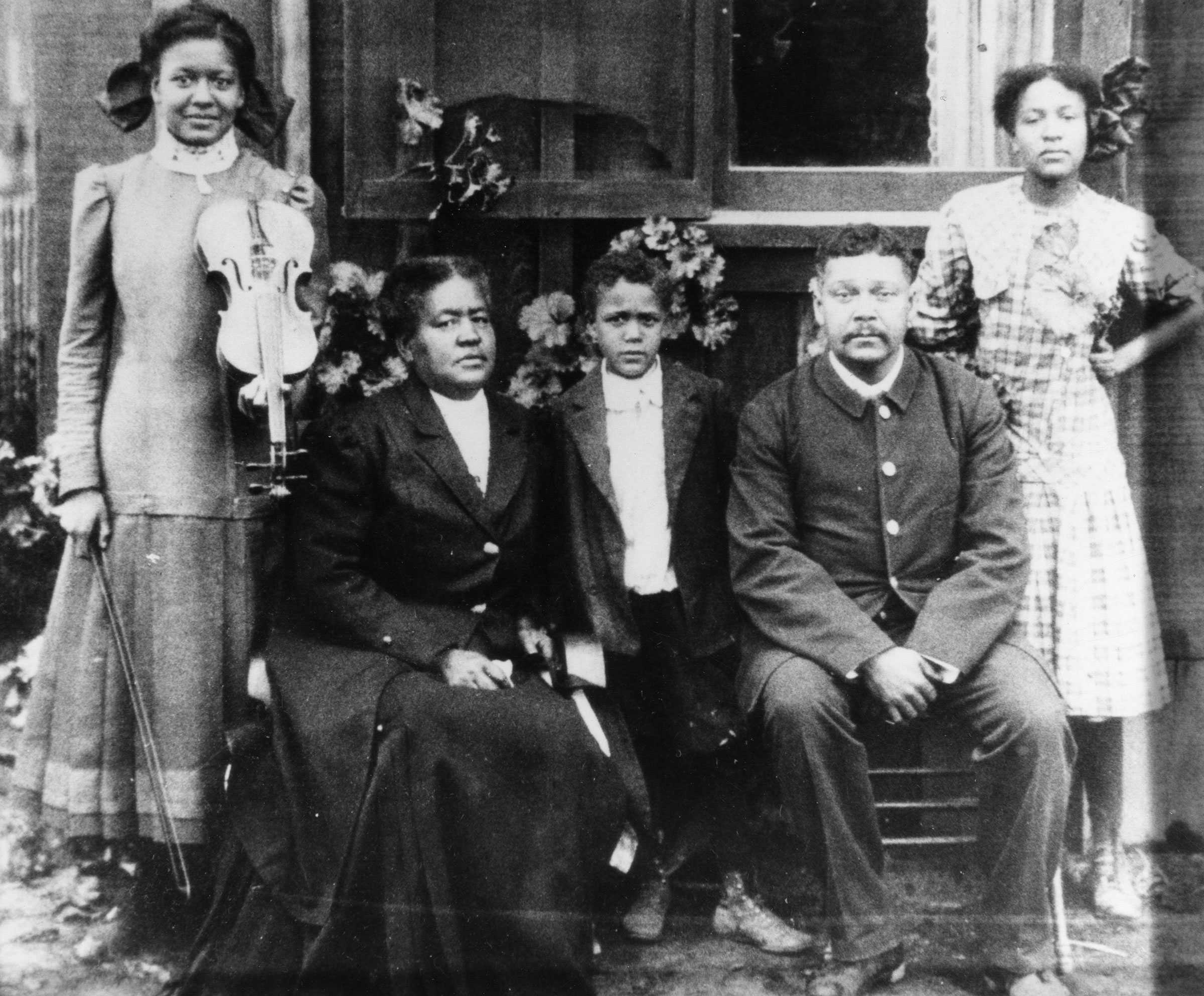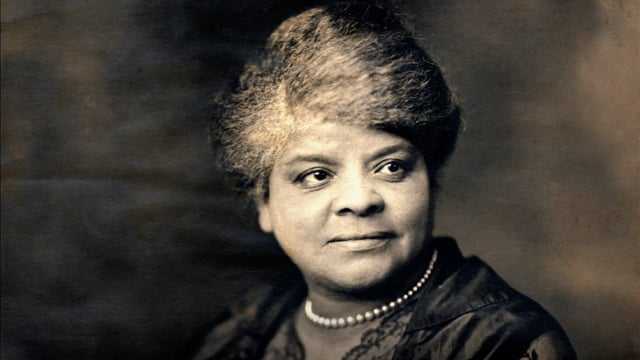
Chapter 1
Debating the Path Forward
In 1903 scholar and civil rights leader W. E. B. Du Bois warned that “the problem of the 20th century is the problem of the color-line.” The solution to the problem depended upon African Americans’ resistance.
1900 Statistical Highlights
90% of African Americans lived in the South.
Debating How to Best Fight Discrimination
As discriminatory laws and customs multiplied in the United States, African Americans sought different ways to overcome their mistreatment. Educator Booker T. Washington argued that by working hard and avoiding confrontation African Americans could prove they deserved better treatment. Scholar W. E. B. Du Bois and journalist Ida B. Wells-Barnett disagreed, believing that confrontation and protests against discrimination were the best strategy.

Booker T. Washington’s Philosophy
Booker T. Washington
Up from Slavery by Booker T. Washington
Booker T. Washington, the founder of Tuskegee Institute in Tuskegee, Alabama, was born enslaved. He believed that African Americans should learn practical economic skills, which he emphasized at Tuskegee, rather than a traditional liberal education.
Washington gained national recognition after a speech he gave at the Atlanta Exposition in 1895 where he counseled African Americans to focus on economic progress and forgo civil agitation. Consequently, he became the leading African American spokesman for this philosophy of economic advancement and racial accommodation.

W. E. B. Du Bois’s Counterargument
W. E. B. Du Bois, 1907
The Souls of Black Folk
W. E. B. Du Bois was born to free parents in Barrington, Massachusetts. He graduated from Fisk University and received his PhD from Harvard University. Du Bois was an activist and a leading thinker about race who disagreed with Booker T. Washington’s accommodationist approach.
Du Bois believed that activism and protest were necessary to improve the treatment of African Americans. He expressed his views in books like The Souls of Black Folk and as editor of the NAACP publication The Crisis.
Du Bois and “The Talented Tenth”
Pullman porter Robert Lishey with his family in Los Angeles, California
W. E. B. Du Bois described the “Talented Tenth” as the elite 10% of African Americans who bore responsibility for advancing the race. They were college-educated teachers, doctors, lawyers, entrepreneurs, and other professionals from the more prosperous segments of African American society. Through their example of thrift, ability, and character, the Talented Tenth would encourage other African Americans to lead better, more virtuous lives.

Ida B. Wells-Barnett Agrees with Du Bois
Ida B. Wells-Barnett, ca. 1910
Ida B. Wells-Barnett with her family, ca. 1917
Ida B. Wells-Barnett protested against lynching and discrimination and joined Du Bois in the belief that open opposition was the best way to defeat discrimination. Wells-Barnett was a journalist who led crusades against lynching and advocated for African Americans’ and women’s rights. She traveled throughout the South, gathering information for a report that exposed the connections between economic control and lynchings. Her findings led her to believe that it was necessary to actively and aggressively protest injustice.
Featured Video
The Debate Between Ida B. Wells-Barnett, Booker T. Washington, and W. E. B. Du Bois
Many African Americans disagreed about the best path toward securing their civil rights. Were protest and activism the key? Should they seek respect through hard work and economic accomplishment? This video explores the ideas of three leading African Americans; Ida B. Wells-Barnett, Booker T. Washington, and W. E. B. Du Bois.


